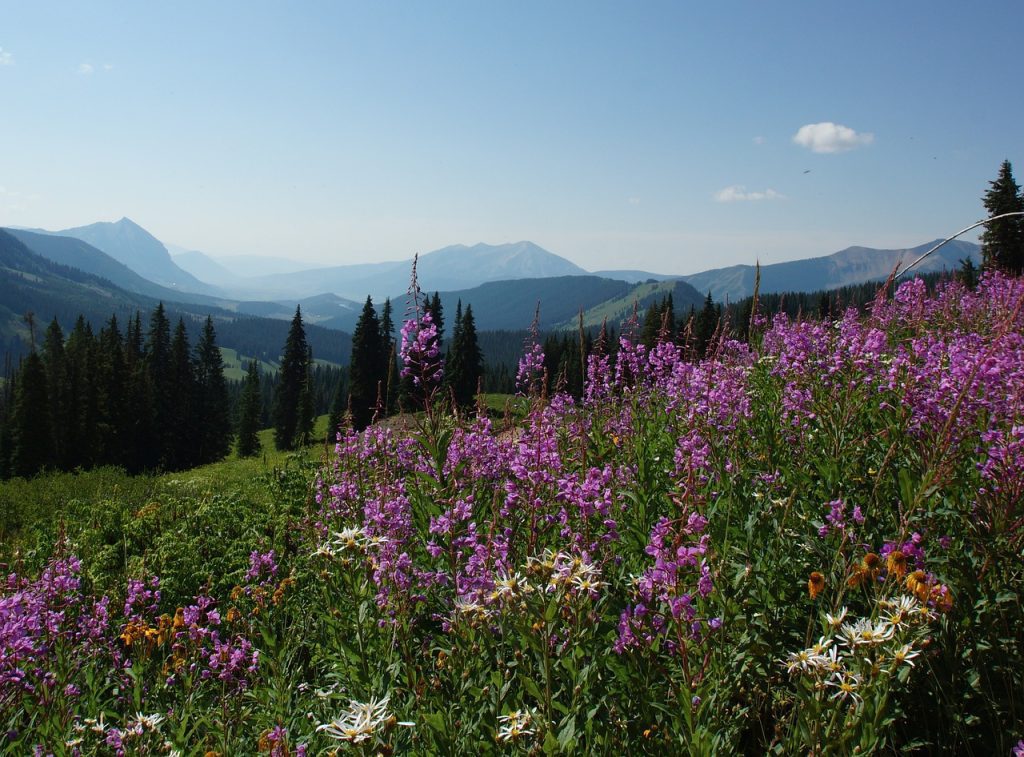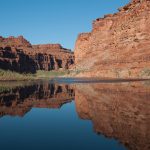- Governor Polis signed key water conservation bills into law, including response to Sackett v. EPA.
- HB24-1379 establishes a state dredge and fill discharge authorization program.
- HB24-1435 and SB24-197 address water conservation projects.
- HB24-1362 incentivizes graywater use.
- New laws aim to safeguard water quality and supply in Colorado.
June 4, 2024 — In response to the Supreme Court’s ruling in Sackett v. EPA, which removed federal protections for certain wetlands and streams, Colorado has taken a proactive stance by passing HB24-1379 . This bill establishes a state-level dredge and fill discharge authorization program, mandating permits for activities that could impact state waters. The program aims to minimize adverse impacts on wetlands and streams while allowing for responsible development. HB24-1379 received widespread support from a diverse range of stakeholders, including environmental organizations, industry representatives, and concerned citizens. The Protect Colorado Waters Coalition
. This bill establishes a state-level dredge and fill discharge authorization program, mandating permits for activities that could impact state waters. The program aims to minimize adverse impacts on wetlands and streams while allowing for responsible development. HB24-1379 received widespread support from a diverse range of stakeholders, including environmental organizations, industry representatives, and concerned citizens. The Protect Colorado Waters Coalition , comprised of 17 environmental groups, played a crucial role in advocating for the bill’s passage.
, comprised of 17 environmental groups, played a crucial role in advocating for the bill’s passage.
Overview of Colorado’s Newly Signed Water Legislation; Key Bills.
Governor Jared Polis has signed several pieces of legislation aimed at protecting Colorado’s water resources. These laws were signed during ceremonies in Summit County and the Yampa Valley, underscoring the state’s commitment to safeguarding its vital water resources.
HB24-1379: Regulate Dredge & Fill Activities.
Sponsored by Representatives Julie McCluskie and Karen McCormick, and Senators Dylan Roberts and Barbara Kirkmeyer, HB24-1379 mandates the creation of a state dredge and fill discharge authorization program. The Water Quality Control Commission within the Department of Public Health and Environment is tasked with developing rules by December 31, 2025, to ensure that dredge and fill activities in state waters are regulated and monitored effectively.
Key Provisions:
- Rulemaking and Enforcement: The commission must create rules that minimize adverse impacts and include application requirements as protective as federal guidelines.
- Duties of the Division: The Division of Administration will issue authorizations and require compensatory mitigation for significant impacts to wetlands and streams.
- Temporary Measures: Until new rules are effective, existing Clean Water Policy 17 will remain in force, allowing temporary authorizations under specific conditions.
- Exemptions and Additional Requirements: Certain activities and waters are exempt from requiring discharge authorization. Applicants for water-related facilities must inform state agencies and submit mitigation proposals.
- Funding: Allocations from the general fund to the clean water cash fund will support the program’s implementation and enforcement.
HB24-1435: Colorado Water Conservation Board Projects.
Sponsored by Representatives Karen McCormick and Marc Catlin, and Senators Dylan Roberts and Cleave Simpson, HB24-1435 focuses on water conservation projects. It aims to enhance the Colorado Water Conservation Board’s efforts in maintaining and improving the state’s water resources.
SB24-197: Water Conservation Measures.
Sponsored by Representatives Julie McCluskie and Marc Catlin, and Senators Dylan Roberts and Perry Will, SB24-197 introduces measures to conserve water, promoting sustainable use and management of water resources across the state.
HB24-1362: Measures to Incentivize Graywater Use.
Sponsored by Representatives Meghan Lukens and Marc Catlin, and Senators Dylan Roberts and Cleave Simpson, HB24-1362 incentivizes the use of graywater, encouraging practices that reduce water waste and support water conservation.
Governor’s Statement on May 29, 2024.
“Water is life in Colorado and today I was proud to protect our water resources that are essential for our agriculture, our economy, and our way of life,” said Governor Jared Polis .
.




Leave a Reply